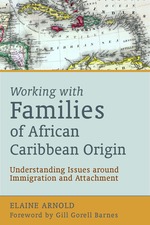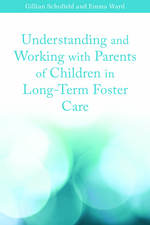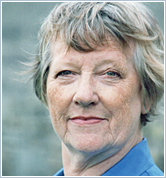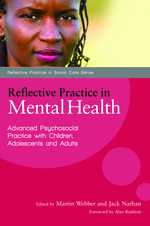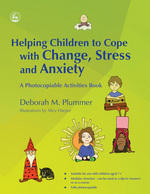Breaking the intergenerational cycle of insecure attachment in families of African Caribbean Origin
“The intergenerational nature of poor attachment can be a unending cycle if there is no intervention to help bring understanding of it. Children whose educational attainment is low very often are avoidant of their teachers, as they are of parents with whom they do not have secure attachment, and so they pay little attention to the teacher or become disruptive which often leads to exclusion.”
